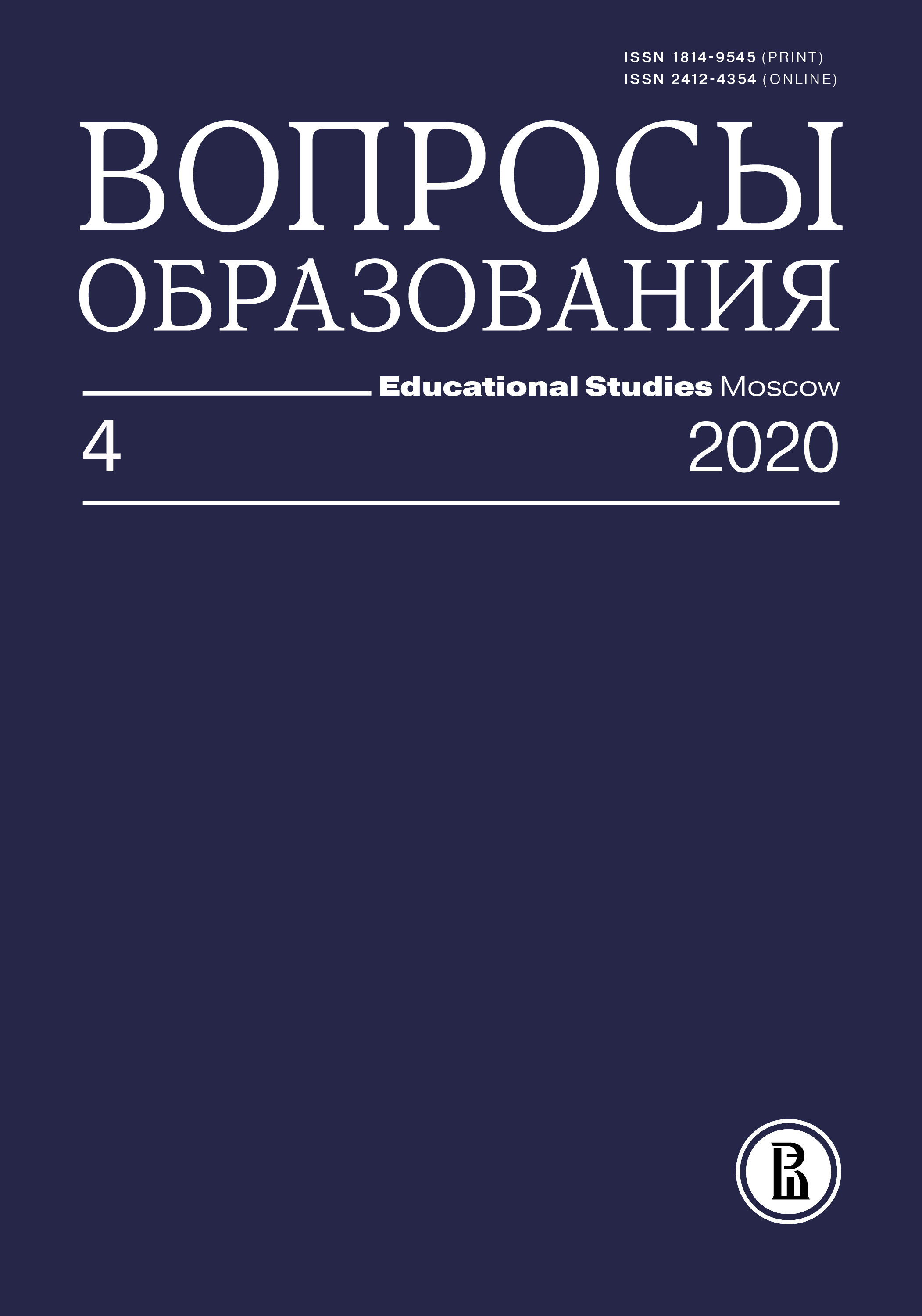Образование в Украине: оценка качества и перспективы развития. По материалам PISA‑2018
Аннотация
В 2018 г. Украина впервые приняла участие в международном исследовании качества образования PISA. По результатам этого исследования качество образования в Украине оказалось ниже среднего значения по странам ОЭСР во всех областях грамотности: читательской, математической, естественнонаучной. Такой итог не соответствовал ожиданиям общественности. Экспертное сообщество еще не полностью осознало критический потенциал полученных результатов и не приступило к широкой дискуссии с целью их оценки и определения направлений реформирования образования.
В статье проанализированы основные результаты украинских подростковв PISA‑2018 по разделам: читательская грамотность, математическая грамотность, естественнонаучная грамотность, гендерное неравенство, социальные предпосылки обучения, устойчивость и успеваемость учащихся.
В результате сравнения образовательных практик Украины с применяемыми в странах ЕС, референтных странах и Российской Федерации выявлены общие признаки становления национальных систем образования на современном этапе и определены особенности институционального развития образования в Украине. Проанализирована инвестиционная политика государства в образовании и показаны возможности ее модернизации. Пути совершенствования государственной образовательной политики авторы видят в обновлении образовательных стандартов и компетенций, повышении квалификации и оплаты труда педагогического персонала, усилении его мотивации к труду, развитии инфраструктуры, совершенствовании межбюджетных отношений, а также улучшении статистики образования.








